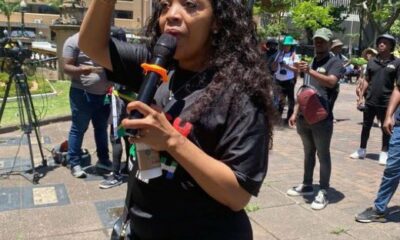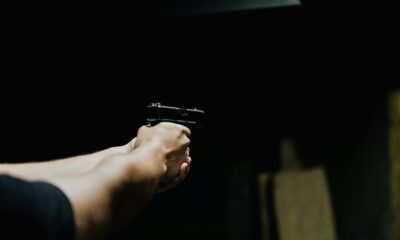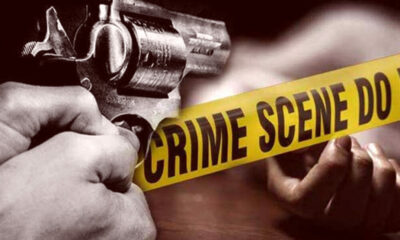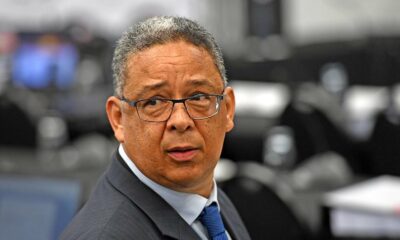News
Mary De Haas Slams Bheki Cele Over “False” Claims About Whistleblower Thabiso Zulu
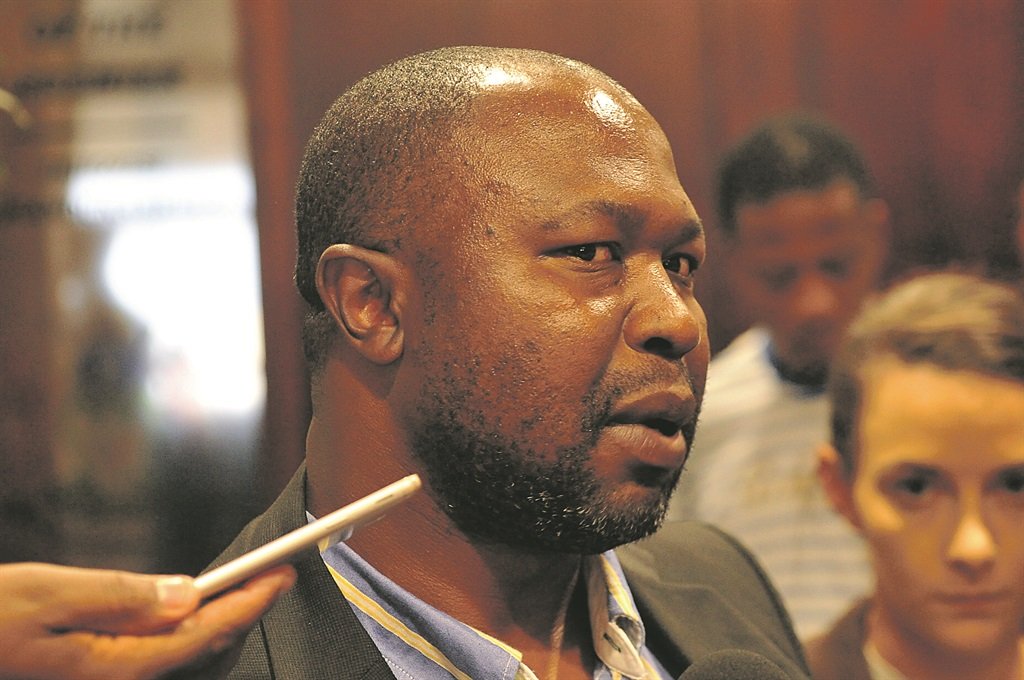
Mary De Haas Slams Bheki Cele Over “False” Claims About Whistleblower Thabiso Zulu
When former police minister Bheki Cele took the stand before Parliament’s Ad Hoc Committee last week, few expected his remarks about whistleblower Thabiso Zulu to reignite one of South Africa’s most controversial debates, the state’s failure to protect those who expose corruption.
But that’s exactly what happened.
Cele told the committee that Zulu had refused state protection, claiming the whistleblower wanted personal bodyguards of his choosing instead of entering the witness protection programme. His comments drew immediate backlash, especially from veteran crime and policing expert Mary De Haas, who has worked closely with Zulu for years.
“Rubbish,” says De Haas
De Haas didn’t mince her words. Speaking to local media, she dismissed Cele’s version outright:
“The claim that he refused witness protection is rubbish,” she said.
According to De Haas, Zulu never rejected protection, he simply didn’t trust the system meant to keep him safe. She explained that when Zulu did meet with officials, he felt watched rather than protected and eventually left the programme.
“He asked to choose the people who would guard him because he didn’t trust the police. Given how much the country spends protecting politicians, protecting him would have cost nothing,” she said.
Her comments highlight a recurring theme in South Africa’s struggle against corruption: whistleblowers often fear the very institutions meant to safeguard them.
The deadly legacy of the Magaqa case
Thabiso Zulu’s story is rooted in tragedy. A close friend of slain ANC councillor Sindiso Magaqa, Zulu has long campaigned for justice in the corruption-plagued Umzimkhulu Municipality. Magaqa was gunned down in 2017 after exposing graft, a killing that shocked KwaZulu-Natal and exposed the deadly risks of political whistleblowing.
Since then, Zulu’s own life has been in constant danger. He has survived multiple assassination attempts, and although several suspects, including former mayor Mluleki Ndobe, were arrested, the case has dragged on for years. Ndobe has since passed away, and others implicated are still awaiting trial.
Cele’s credibility under fire
De Haas questioned Cele’s credibility, pointing to years of police inaction on whistleblower protection. She reminded South Africans that this wasn’t the first time the issue had reached the authorities or the Public Protector’s office.
Former Public Protector Busisiwe Mkhwebane previously found that Cele and the SAPS “failed” to provide security for Zulu and another whistleblower, Les Stuta, effectively leaving them vulnerable to assassination. Mkhwebane even warned that the state could face legal action if either man were killed.
Although that report was later overturned by the Gauteng North High Court, De Haas maintains that Cele’s dismissive tone shows a broader indifference toward those risking their lives to fight corruption.
A chilling silence
When asked about Cele’s testimony, Zulu offered a brief but telling response:
“My only comment is that I have no comment. The media knows what the truth is. I don’t want to open old wounds.”
It’s a silence that speaks volumes, not just about the trauma whistleblowers endure, but also about how little faith many have left in the system meant to protect them.
South Africa has lost several whistleblowers in recent years, from Babita Deokaran to Athol Williams fleeing into exile and public trust in the state’s witness protection mechanisms remains fragile. De Haas’s latest comments reignite public pressure for real reform, urging leaders to move beyond “committee talk” and ensure that those exposing corruption are not left to fend for themselves.
Because as De Haas and others have long warned, every time a whistleblower is silenced, so is South Africa’s fight against corruption.
{Source: IOL}
Follow Joburg ETC on Facebook, Twitter , TikTok and Instagram
For more News in Johannesburg, visit joburgetc.com

